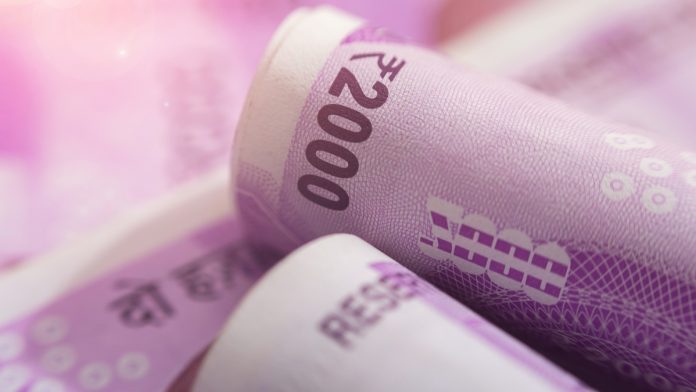- Indian Rupee (INR) falls for a second straight day
- Brent has risen above $90 per barrel
- US Dollar (USD) rises on safe-haven flows
- US Fed speakers are in focus
The US Dollar Indian Rupee (USD/INR) exchange rate is rising for a second straight day. The pair rose +0.06% in the previous session, settling on Tuesday at 83.24. At 16:30 UTC, USD/INR trades +0.05% at 83.28 and trades in a range of 83.19 to 83.30. The pair is set to rise across the week, marking a third week of gains.
The Indian Rupee is showing resilience against a stronger U.S. dollar despite a drop in Indian domestic shares and surging oil prices.
Oil prices have rallied over 1.5% with Brent pushing above $90 a barrel amid fears that the conflict between Israel and Hamas could widen to involve oil rich nations.
Iran called on OPEC to impose a new oil embargo on Israel. OPEC hasn’t indicated that it will act on Iran’s calls. Even so, the calls display the situation’s fragility and potential impact on oil supply.
The US Dollar is holding steady versus the Rupee but rising versus its major peers. The US Dollar Index, which measures the greenback versus a basket of major currencies, trades +0.29% at the time of writing at 106.56, after strong gains yesterday.
The US dollar is higher on a combination of safe -haven flows and as U S treasury yields resume their rise Ahead of Federal Reserve speeches later.
Federal Reserve officials Waller, Williams, Bowman, and Harker are all due to speak, and investors will be watching their comments closely after US retail sales and industrial production came in stronger than expected in the previous session. Upbeat big data adds to mounting evidence that US economy is proving to be more resilient than expected, and it also drove U.S. Treasury yields back up to a 17-year high.
Recent Fed speakers had suggested that it might not be necessary to increase interest rates again before the end of the year owing to elevated treasury yields tightening financial conditions. Investors will watch to see if this is still true despite the strong data.
Meanwhile, U.S. President Joe Biden arrived in Israel, pledging solidarity. However, an escalation in the conflict complicates the prospect reaching a diplomatic solution anytime soon.





